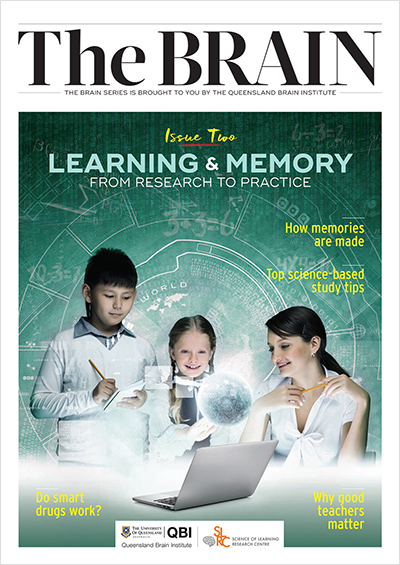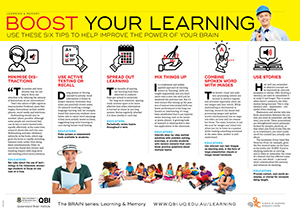The idea that different people have different learning styles is actually a misconception that has become widespread.
A 2012 survey of teachers from the Netherlands and the United Kingdom, for example, found that more than 90 per cent believed in different learning styles. In fact, although people may have personal preferences as to how they take in information, it’s untrue that an individual learns better through any one particular set of sensory cues.
In 2008, an extensive review by cognitive psychologist Dr Harold Pashler and colleagues from the University of California, San Diego assessed decades of research and found no evidence to support the idea that an individual learns more effectively when teaching is tailored to a particular style.
It’s untrue “that an individual learns better through any one particular set of sensory cues.”
The misconception that they do “is based on a valid research finding, namely that visual, auditory, and kinaesthetic information is processed in different parts of the brain,” explained the authors of the UK–Netherlands study.
During learning, as in many other brain activities, these brain areas work with each other rather than in isolation.
There is no evidence, however, that these areas work ‘better’ in some people than others to determine overall how each person learns best.


